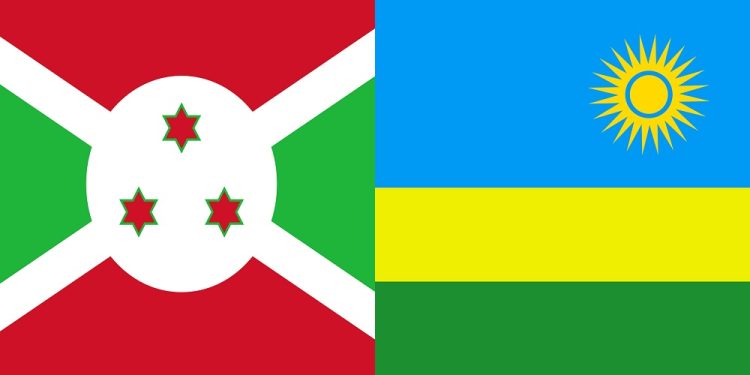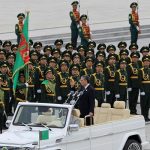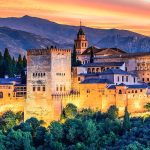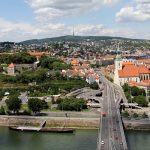
Independence Day in Burundi & Rwanda
Every country in the world has Independence Day celebrations, but not as many countries share this holiday with other countries. However, the countries of both Burundi and Rwanda share the same holiday on the same day. That’s because both of these countries gained independence from Belgium on July 1, 1962.
How did that happen? Well, both countries were once one colonial territory that was ruled by Belgium since 1916 and was known as Ruanda-Urundi (Rwanda-Burundi). When they gained independence, they became the separate countries of Burundi and Rwanda. Although both countries have had their share of hardships, this holiday is usually celebrated by both with a lot of enthusiasm.
The History Of Independence Day In Burundi & Rwanda
During the 19th century, the mainland of Tanzania, Burundi, and Rwanda was a part of German East Africa and would remain so until Germany was defeated during WWI. These territories were then ceded to Belgium thanks to the 1919 Treaty of Versailles. On July 1, 1962, Rwanda-Burundi gained independence from Belgium and became Rwanda and Burundi.
Facts About Burundi & Rwanda
Let’s go over some facts about both of these countries before moving on with the rest of this holiday article. Below are a few of the things that we’ve learned about these two countries.
- Burundi was home to the Twa, a hunter-gatherer people of pygmies.
- Burundi has seen mass genocides in 1972 and in 1993.
- Plastic bags have been banned in Rwanda since 2008.
- Rwanda is known as the “Land of 1,000 Hills.”
Observing Independence Day In Burundi & Rwanda
In both of these countries, Independence Day is observed with much enthusiasm. There are parades, fireworks, and parties in both countries. In Burundi, there are delicious dishes being served such as fried beans, a type of sausage called matura, and curry. In Rwanda, there are also delicious dishes being served. These include ugali, brochettes, and Urwagwa.








